SynthRad2023 Challenge wins Best in Physics award at ESTRO2024
The SynthRad2023 Grand Challenge focused on AI for synthesizing CT images from Cone-Beam CTs or from MRIs.
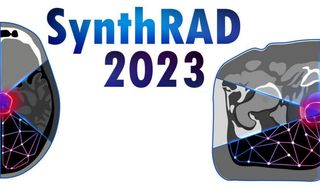
The SynthRad2023 Grand Challenge focused on AI for synthesizing CT images from Cone-Beam CTs or from MRIs.
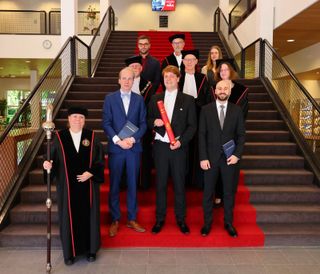
John-Melle Bokhorst successfully defended his PhD thesis on automated detection of tumor budding in digital pathology images of colorectal cancer.
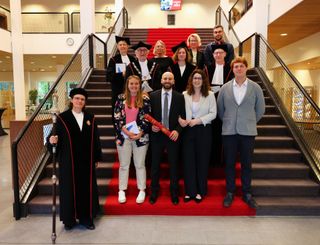
Tariq Haddad successfully defended his PhD thesis on tumor budding at the invasive edge of colorectal cancer.
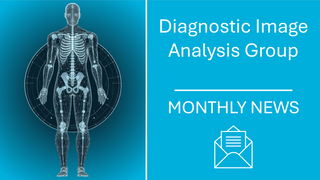
Welcome to the April edition of the Diagnostic Image Analysis Group monthly news update!
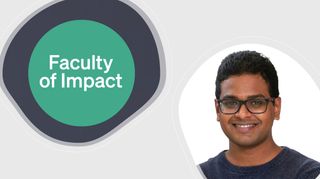
Kiran was selected in this NWO research program's Life Sciences & Health round to develop his startup LesionLens.
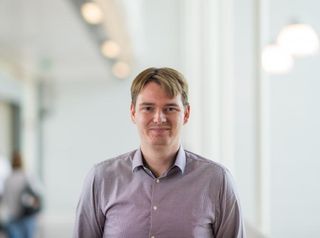
On April 4, 2024, Geert Litjens gave his inaugural lecture as full professor of AI for analysis of medical images in radiology and pathology.

Welcome to the first edition of the Diagnostic Image Analysis Group monthly news update!
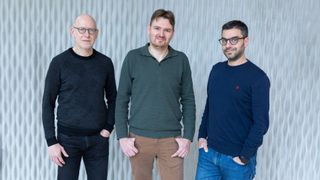
On March 5, 2024, The Computational Pathology Group received the 2024 Ammodo Science Award for groundbreaking research

Daan received recognition for collecting the largest dataset for AI in the diagnosis of basal cell carcinoma to date.
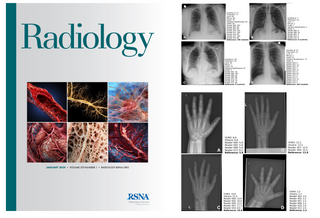
The latest work by Kicky van Leeuwen, titled "Comparison of Commercial AI Software Performance for Radiograph Lung Nodule Detection and Bone Age Prediction", has been published in Radiology.